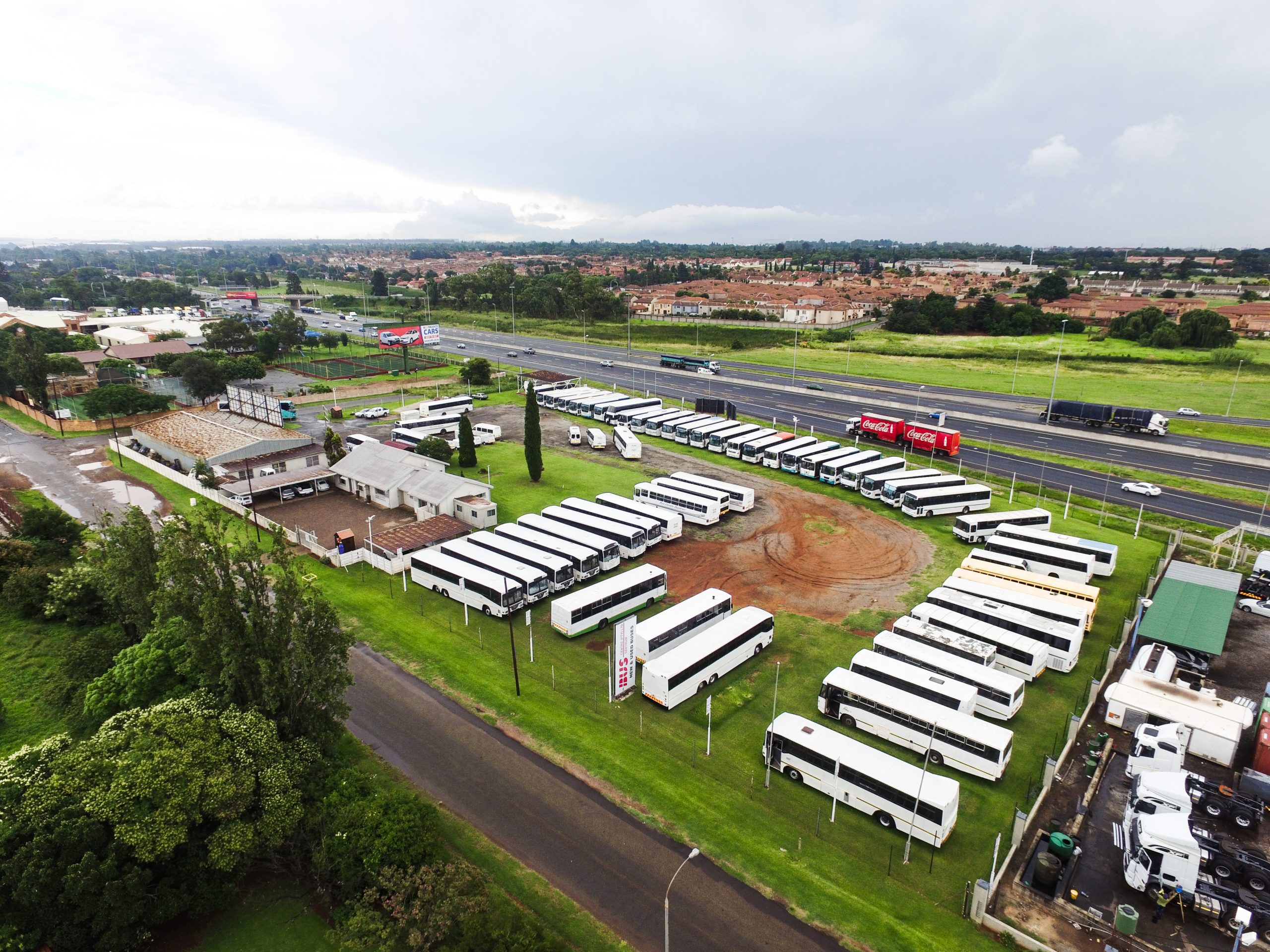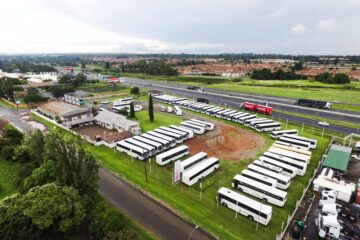
The Unprecedented Shortage of Used Buses in South Africa
The landscape of South African business, particularly within the bus industry, experienced a seismic shift on March 26th, 2020. This pivotal moment would send shockwaves throughout the global business community, fundamentally altering the way countless industries operate, especially those reliant on transportation and logistics. For bus owners in South Africa, this day marked the beginning of an arduous journey filled with uncertainty and unprecedented challenges.
As lockdown restrictions eased, allowing certain industries to resume operations, bus owners found themselves caught in a conundrum. While the transportation sector received the green light to operate, stringent regulations and a significant drop in demand rendered their operations unprofitable. Buses were limited to carrying only 50% of their capacity, schools canceled outings and sporting events, and tourism came to a near standstill. The harsh reality was that putting buses on the road became financially unviable, particularly for operators heavily reliant on these sectors.
The impact on bus operators was severe, with many forced to cancel orders for new buses from their preferred dealers. As cancellations piled up and the prospect of immediate work dwindled, operators faced a dire need to generate cash flow to sustain their businesses. This led to an unprecedented surge in bus sales, with operators frantically offloading stock at drastically reduced prices just to stay afloat.
I vividly recall my time working at Bus Centre during this tumultuous period. The influx of buses was overwhelming; we had to turn customers away due to lack of parking space. Buses that would typically sell for R650,000 were now going for R350,000, and in some cases, even less. Desperation drove operators to part with their fleets, sometimes at significant losses, to cover essential costs like loan repayments, licenses, rent, and staff wages.
Unfortunately, this sales frenzy had a cascading effect on the entire bus industry. With operators struggling to survive, orders for new buses plummeted, leading to downsizing and layoffs among bus body builders and related businesses. Notably, major manufacturers like Hino, Mercedes-Benz, MAN, and others ceased importing rolling chassis for bus assembly due to the market’s unpredictability.
Although restrictions gradually eased and demand for bus services began to recover, the damage was done. Operators had sold off substantial portions of their fleets during the pandemic to stay solvent. The resurgence in demand, coupled with limited new stock from manufacturers, triggered a sharp rise in the second-hand bus market.
Today, the shortage of used buses in South Africa is glaring. The ripple effects of the pandemic are still palpable, with operators struggling to secure new buses due to prolonged waiting times for deliveries. The closure of major bus manufacturing plants like the Iveco facility in Roslyn has exacerbated this issue, leaving a void that local body builders struggle to fill.
As the bus industry grapples with prolonged lead times for new buses, operators continue to snatch up available used stock. The mismatch between supply and demand has inflated prices and created a seller’s market, pushing the cost of used buses beyond pre-pandemic levels.
In summary, the shortage of used buses in South Africa is a direct consequence of the pandemic’s profound impact on the bus industry. Delays in obtaining new buses, coupled with the closure of manufacturing plants and prolonged waiting times for deliveries, have created a vacuum that operators are filling with whatever used stock they can find. Until manufacturing and supply chains stabilize, this shortage is likely to persist, reshaping the landscape of the South African bus industry for years to come.
Written By:
Calvin Van Der Merwe
Managing Director of TAG Commercial
To view our short term bus hire hire options click here!






